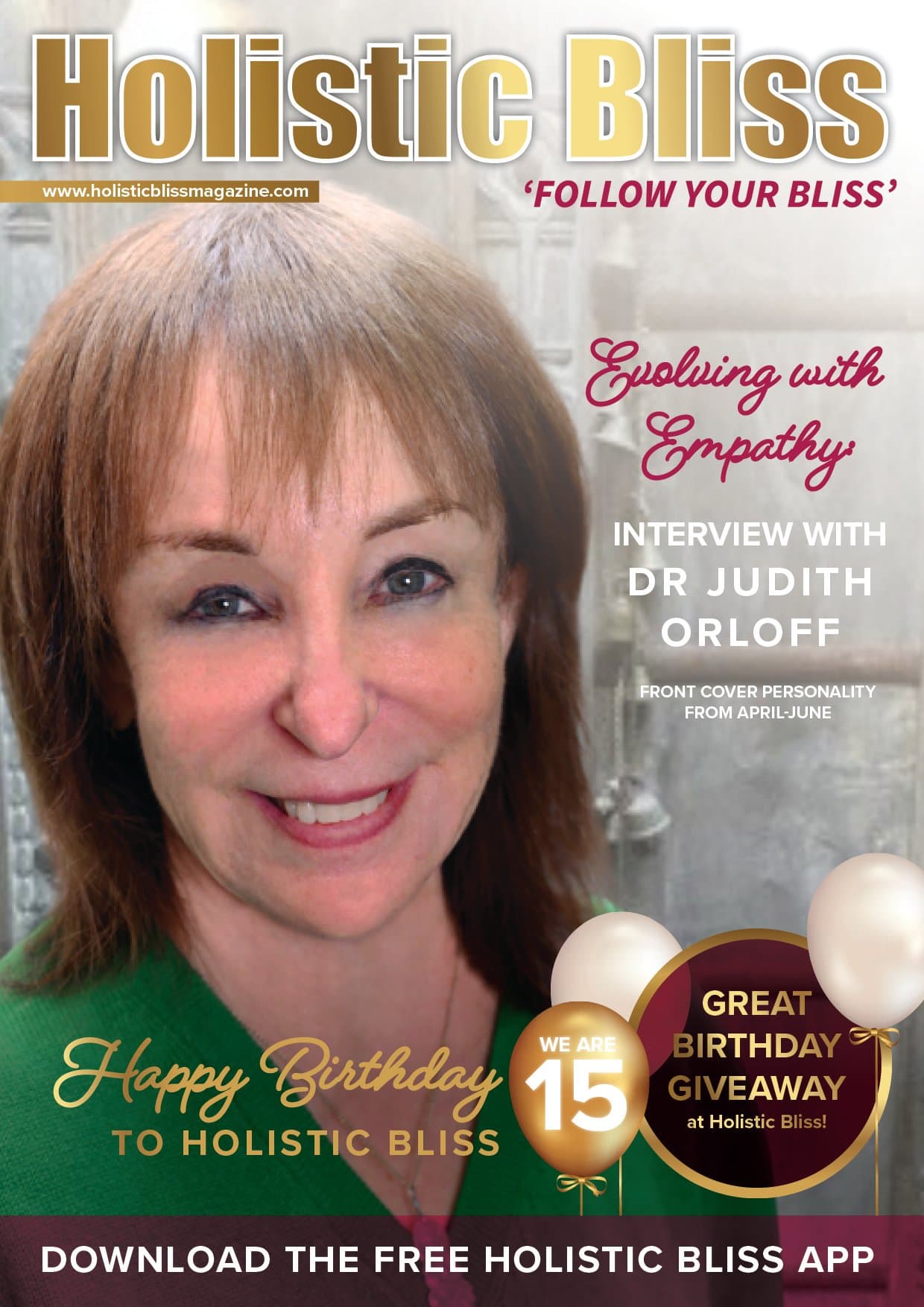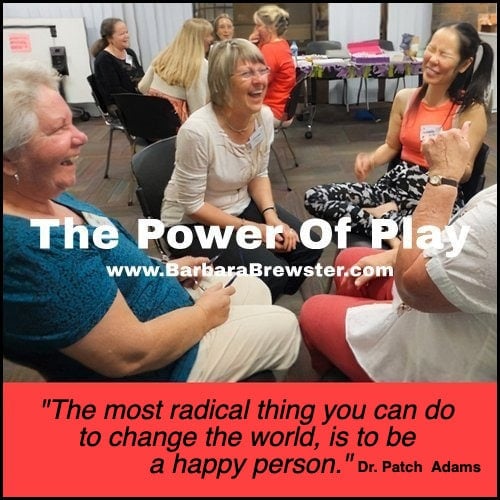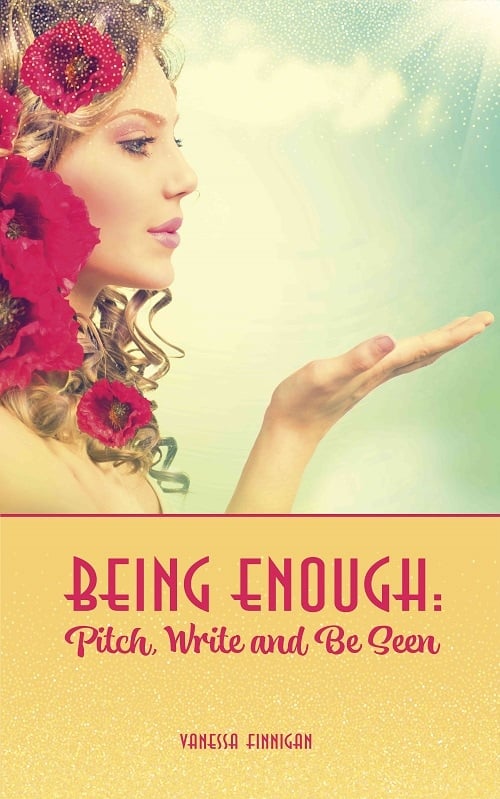In psychology and counselling, we use a term called “state-dependent learning”. The simple explanation of this term is that certain “moods” seem to attract particular types of thoughts, memories, images and behaviour. This phenomenon exists because our brain operates by association: a set of thoughts, emotions, feelings, words and behaviour bring up other sets of thoughts, emotions, etc.
We have all experienced this at some point when looking at depression, anxiety, and other mental health afflictions; when feeling a bit down or depressed, it seems really hard to come up with “positive” thoughts. Our brain just seems to constantly guide our thinking and feeling into similar negative directions about all sorts of things, and we are left wondering why we can’t get out of our “funk”.
The same goes for our behaviour. Once we are in a depressed or anxious mood, we tend to often resort to behaviours that match how we feel. Feeling depressed? You probably want to stay in bed, or at least not go anywhere; you probably don’t want to look after yourself too much; you most likely don’t feel like cooking healthy food; you may want to watch television all day, eat chips and drink sugary or alcoholic drinks; you more than likely will spend your day pondering how bad the past was, and how awful the future seems to be. Feeling anxious? You may want to lock all doors and hide; you might feel like running away and going ‘someplace’; you think about resigning from your stressful job, so you don’t have to deal with it anymore; you probably think about the scary future; you very likely don’t feel you can trust many people, and don’t want to go out and be among the crowd much.
Our brains are deviously smart at making all these state-dependent thoughts and behaviours look entirely justifiable and rational. They seem to make complete sense, because that is how you ‘feel’. When you’re depressed, you don’t ‘feel’ like having fun. When you’re anxious, you don’t ‘feel’ like hanging out with people. The risk is, though, that the behaviour will feed the mood, and the mood will feed the behaviour. You feel depressed, so you end up doing (or not doing) things that match that, often leading to you feeling worse because of it. Lying in bed all day, watching television all day, not going to the gym or not hanging out with friends might ‘feel’ good according to your current mood, but these behaviours are actually -what I call- ‘feeding the beast’. You may well end up going around and around on the merry-go-round, feeling worse and worse.
How to counter this tendency of the brain to match our moods and behaviours, if they are not working for us? Well, there are many ways, but DOING something contrary to your mood, in total opposition to it, is often a good start. I actually call it “do the opposite”.
You don’t feel like going for a walk; then go for one, if only 5 or 10 minutes. You don’t feel like cooking; order in something healthy, or buy something that’s easy to make and still nutritious. You don’t feel like going to the gym; either just go, or do some light bodyweight exercises at home; you feel like drinking beer, wine or spirits; get yourself a nice non-alcoholic beverage, and drink that instead. You don’t feel like talking to someone; ring your best friend, a sibling or parent, and have a brief chat. You feel like staying in bed and not looking after yourself; actually get up, have a shower, and get dressed. Etc. etc.
What you are trying to achieve is not letting your feelings dictate your behaviour. YOU dictate your behaviour. I am very well aware that that sounds easier than it often is in practice, but you can start anywhere.
If you feel like (not) doing something? Do the opposite. That way, you can train your brain that alternatives are possible, which promotes more optimistic state-dependent learning. There is ample research evidence to suggest that doing the opposite actually allows you to come out of depression or anxiety (or any other mental health affliction) a lot quicker. You may have good coping examples from the past that worked, or can think of creative new ways that can counter your feelings. Make a list of ‘opposites’ in case you need them. You can then take one or two from the list, and practice. State-dependent learning also works FOR you, so there’s a good chance that by behaving in a more ‘positive’ way your mood will actually start to follow, slowly but surely. That’s at least what I know to be the case in counselling! Let me know how you go.
Book a session today with Marc at: www.simplifyinglife.com.au










Add comment